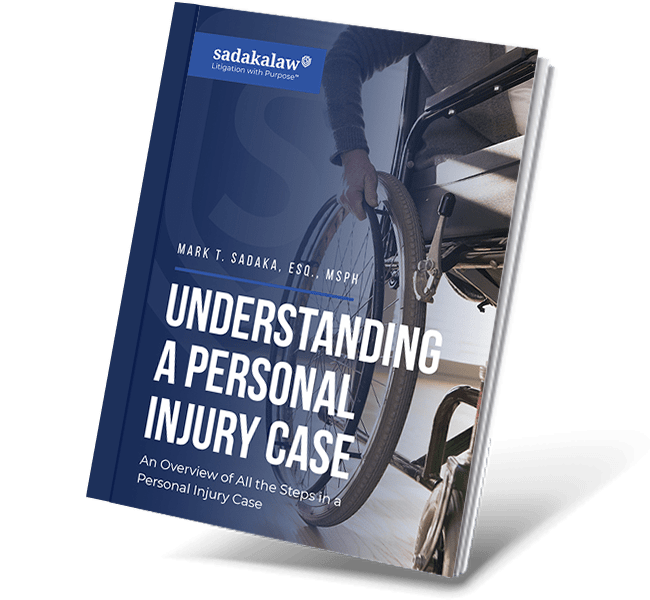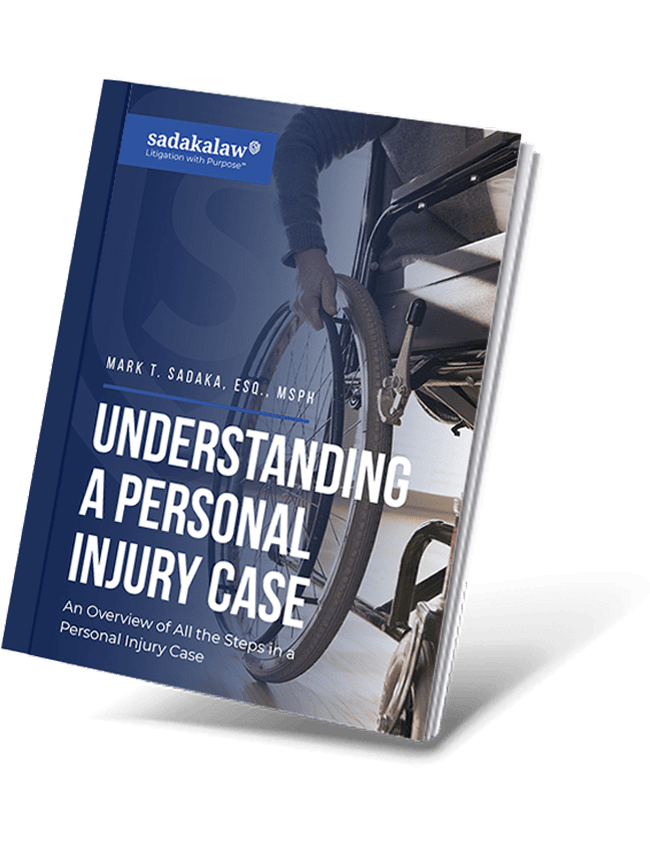It is Spring time and many are preparing their fields for their crops. They spray for weeds, till the ground and plant the seeds. They use a product, Roundup, that has been used since 1974, and never think twice about it potentially hurting their crops.
Yet, in a recent plea to the Secretary of Agriculture Tom Vilsack, Dr. Don Huber, a retired Purdue University professor of plant pathology and U.S. Army colonel has called for immediate action to be taken in researching if the herbicide Roundup (glyphosate) is the direct cause of diminishing crops.
“We have witnessed a deterioration in the plant health of corn, soybean, wheat and other crops recently with unexplained epidemics of sudden death syndrome of soybean (SDS), Goss’ wilt of corn, and take-all of small grain crops the last two years. At the same time, there has been an increasing frequency of previously unexplained animal (cattle, pig, horse, poultry) infertility and [miscarriages]. These situations are threatening the economic viability of both crop and animal producers.”
In an article by Jill Richardson posted on April 27, 2011, for alternet.org, Ms. Richardson discusses the efforts of Dr. Huber to shed light on this situation that is apparently not being taken very seriously. According to Ms. Richardson, Dr. Huber first contacted Mr. Vilsack in January in a private letter stating his concerns, however, when that “private” letter became leaked approximately a month later, the issue soon became an internet phenomenon. Dr. Huber has now written a second letter, citing more detailed information about the potential harm, and is once again defending his position.
The basis of both letters and much of the research is the herbicide glyphosate. Glyphosate is the most widely used herbicide in the world and has been for some time. Glyphosate has long been considered a relatively benign product, because it was thought to break down quickly in the environment and harm little other than the weeds it was supposed to kill.
According to the National Pesticide Information Center, glyphosate prevents plants from making a certain enzyme. Without the enzyme, they are unable to make three essential amino acids, and thus, unable to survive. Once applied, glyphosate either binds to soil particles (and is thus immobilized so it can no longer harm plants) or microorganisms break it down into ammonium and carbon dioxide. Very little glyphosate runs off into waterways. For these reasons, glyphosate has been thought of as more or less harmless: you spray the weeds, they die, the glyphosate goes away, and nothing else in the environment is harmed.
But Huber says this is not true. In his request for research funding, he points out, evidence that began to emerge in the 1980s. He says, “Glyphosate makes plants unable to mount a defense against pathogens in the soil. Without its defense mechanisms functioning, the plants succumb to pathogens in the soil and die. Furthermore, glyphosate has an impact on microorganisms in the soil, helping some and hurting others. This is potentially problematic for farmers, as the last thing one would want is a buildup of pathogens in the soil where they grow crops.”
Dr. Huber’s second letter states, “we are experiencing a large number of problems in production agriculture in the U.S. that appear to be intensified and sometimes directly related to genetically engineered (GMO) crops, and/or the products they were engineered to tolerate — especially those related to glyphosate (the active chemical in Roundup® herbicide and generic versions of this herbicide).”
Certainly if a farmer was aware there was a chance his crops would be harmed due to this herbicide, he would definitely reconsider his choice. This is simply what Dr. Huber is trying to do. He is wanting to give the farmer the best information and choice possible.


